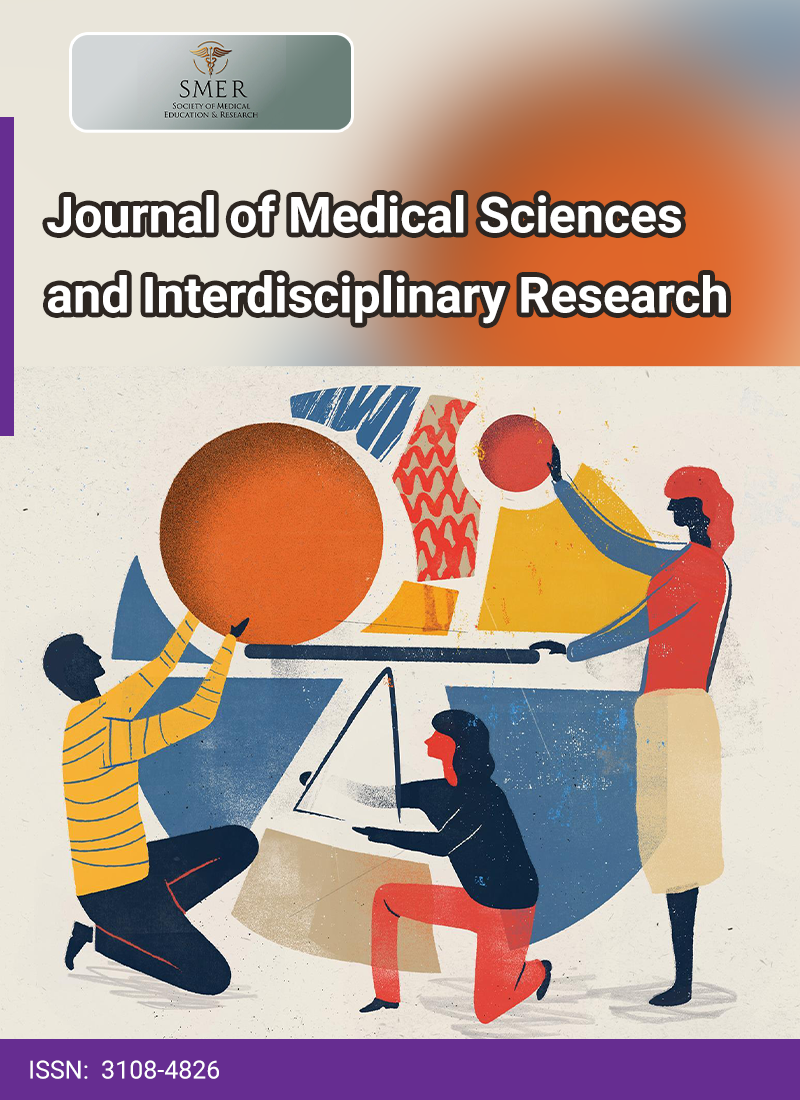
Proteomics is a branch of science that focuses on the study of proteins—how they are structured, function, and interact in living organisms. This review article explores the various aspects of proteomics and its broad applications in various research areas. It emphasizes the pivotal role the proteome plays in an organism, with changes influenced by its physiological state and environmental factors. Nutritional proteomics, or neuroproteomics, applies proteomic techniques to study how proteins interact with bioactive substances in food. Through approaches such as nutriproteomics and nutrigenomics, researchers gain deeper insights into the relationship between nutrients, proteins, and both the human proteome and genome. The paper discusses how proteome changes are associated with diseases, emphasizing the potential of nutritional proteomics in developing therapeutic strategies. This article highlights the ability of proteomics to identify biomarkers for various diseases and to uncover complex protein alterations associated with conditions such as cancer, cardiovascular diseases, neurodegenerative disorders, and infections. The review also explores how proteomic technologies contribute to drug discovery. Furthermore, it emphasizes the value of integrating multiple ‘omics’ disciplines to create a more comprehensive understanding of complex biological systems. In summary, the review highlights the significant promise of proteomic technologies in driving advancements in both scientific research and healthcare.